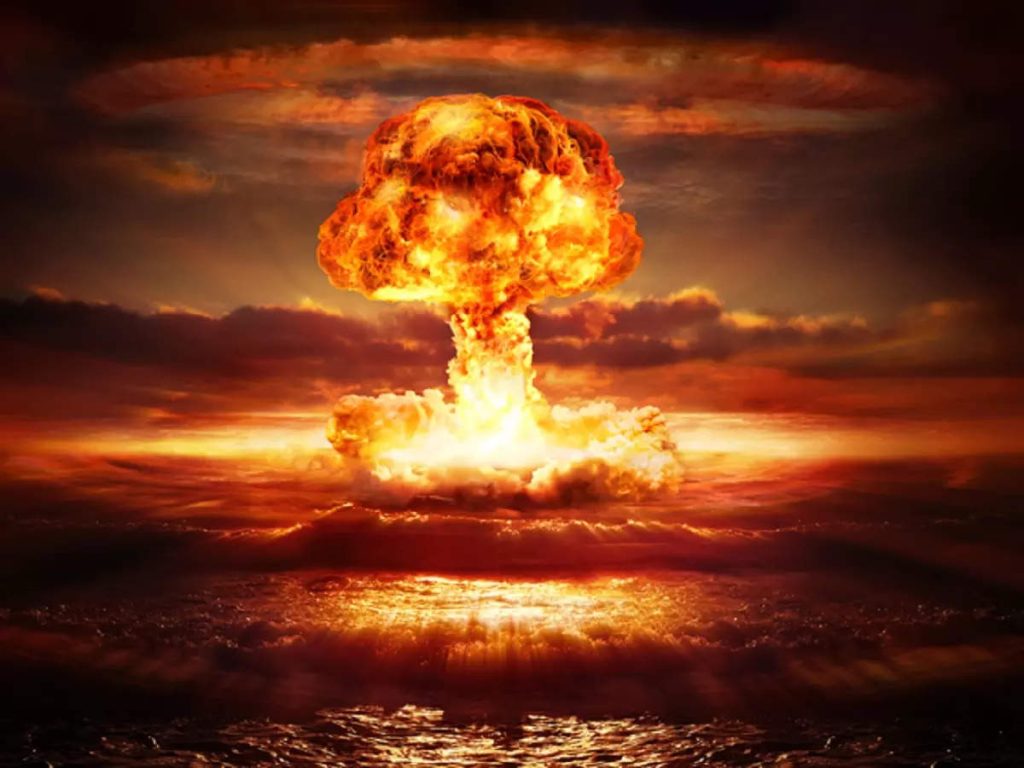On August 29 each year, the world pauses to observe the International Day Against Nuclear Tests, a poignant reminder of our collective journey towards a safer, more secure planet. Established by the United Nations in 2009, this day advocates for the complete cessation of nuclear tests and commemorates efforts to foster global peace and security.
The Significance of August 29
This day was chosen to mark the anniversary of the first Soviet nuclear test conducted in 1949, which heralded the beginning of the nuclear age. This date now serves as a sobering reminder of the destructive power of nuclear weapons and the urgent need to prevent further nuclear testing.
Nuclear tests have had profound and lasting impacts on the environment, public health, and international relations. The effects of these tests extend far beyond the immediate areas of detonation, contaminating the environment and affecting countless lives through radioactive fallout. The catastrophic consequences of nuclear testing underscore the importance of international solidarity in addressing these threats.
The Comprehensive Nuclear Test Ban Treaty (CTBT)
Central to the observance of this day is the promotion of the Comprehensive Nuclear-Test-Ban Treaty (CTBT), an international agreement aimed at banning all nuclear explosions. Adopted by the United Nations General Assembly in 1996, the CTBT represents a critical step towards disarmament and non-proliferation. The treaty was signed by 185 countries and ratified by 185, yet it has not yet been entered into force due to the necessity of ratification by a few remaining states.
The CTBT embodies the global community’s commitment to ending nuclear tests and preventing the development of new nuclear weapons. It is supported by the Comprehensive Nuclear-Test-Ban Treaty Organisation (CTBTO), which monitors compliance through a global network of monitoring stations that detect nuclear explosions and ensure that no state is conducting illicit tests.
The Human and Environmental Toll
The legacy of nuclear tests is one of profound suffering and environmental degradation. From the deserts of Nevada to the remote islands of the Pacific, test sites have become symbols of devastation. The health impacts on communities living near these sites are severe, with increased rates of cancer, birth defects, and other health issues linked to radiation exposure.
In addition to human suffering, nuclear tests have caused significant environmental damage. These tests have caused soil and water contamination, the destruction of ecosystems, and long-term impacts on biodiversity. The scars left on the Earth are a testament to the need for sustained efforts to heal and protect our environment.
The Path Forward
As we commemorate the International Day Against Nuclear Tests, we must reflect on both the progress and the remaining challenges. While the global community has made significant strides in reducing the number of nuclear tests, the ultimate goal of a world free from nuclear testing remains elusive.
Continued advocacy for the CTBT and other disarmament initiatives is crucial. Education, awareness, and diplomatic efforts play a vital role in ensuring that nuclear tests become a relic of the past rather than a recurring threat. The international community must remain vigilant and united in its commitment to a future where nuclear weapons no longer pose a threat to humanity.
A Global Responsibility
The International Day Against Nuclear Tests is a day of remembrance and a call to action. It serves as a reminder of our shared responsibility to prevent nuclear testing and work towards a world where security is achieved through dialogue and cooperation rather than through the threat of devastating weapons.
As we observe this day, let us renew our commitment to peace, security, and environmental stewardship. By working together, we can ensure a future where nuclear tests are a distant memory and humanity can thrive in a safer, more harmonious world.

